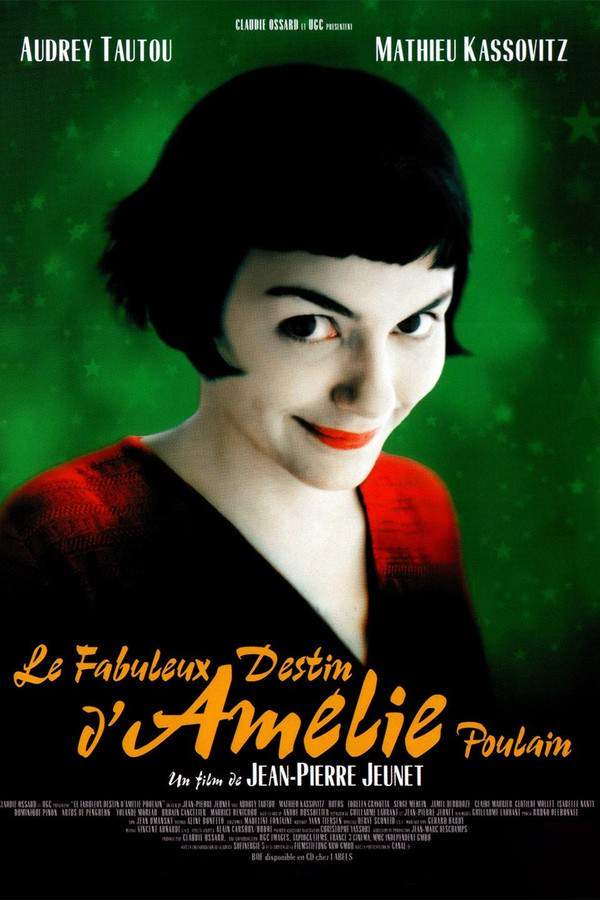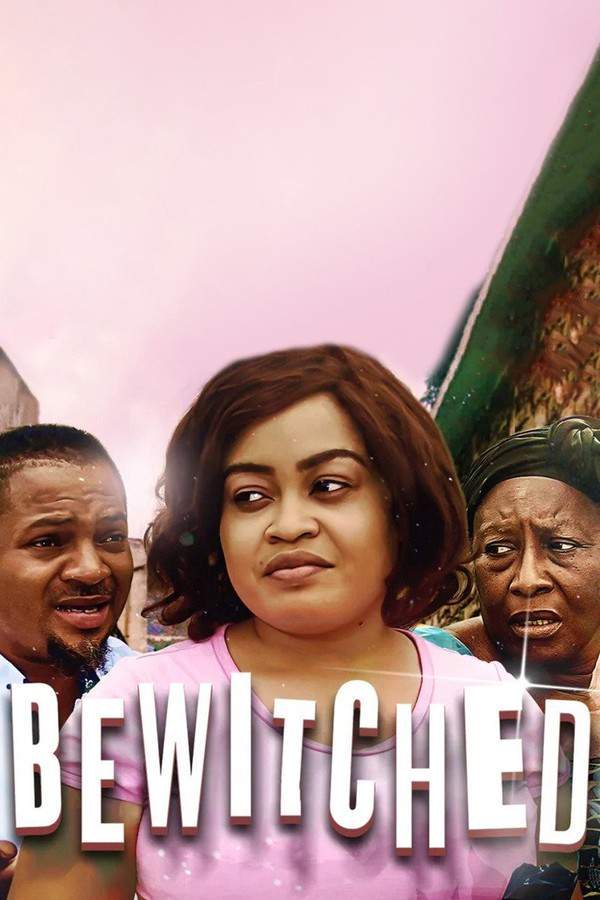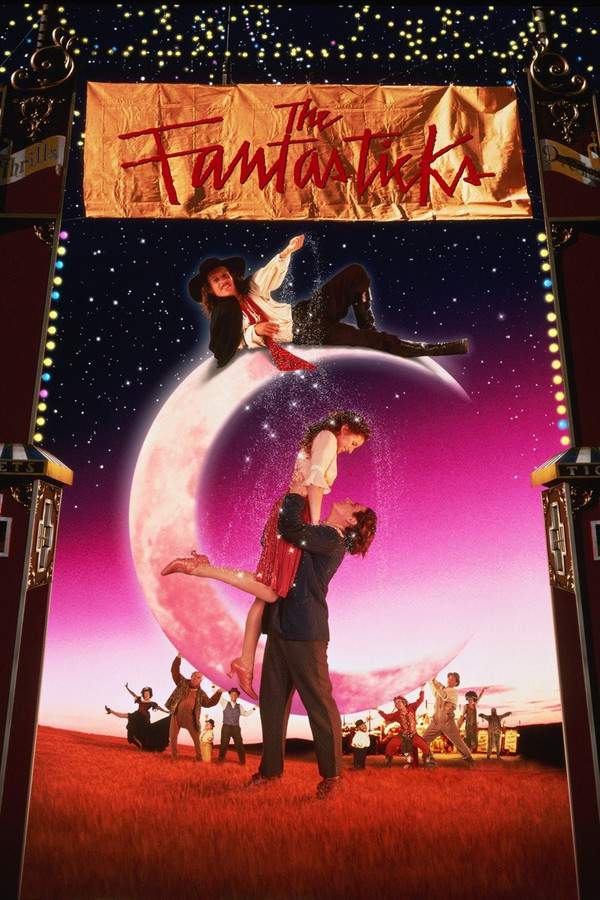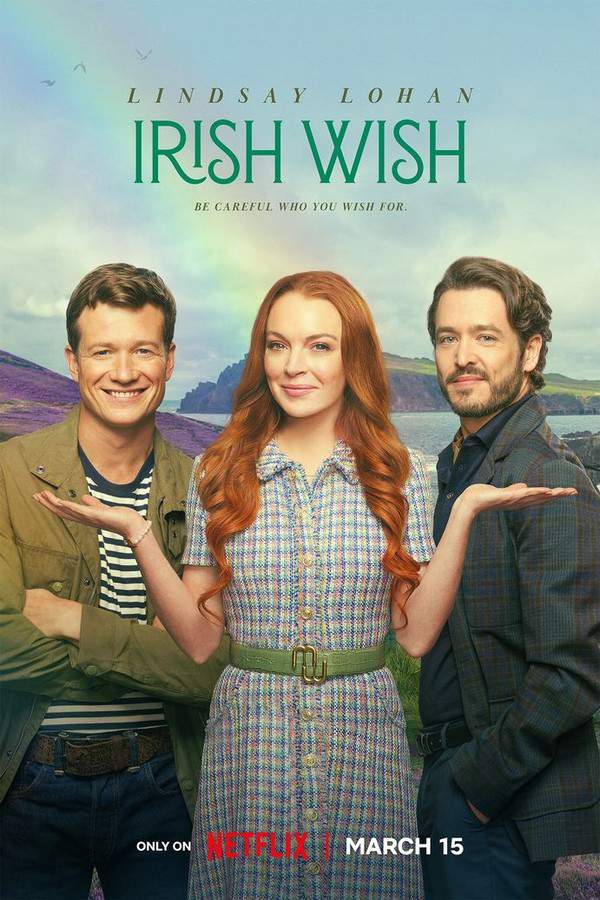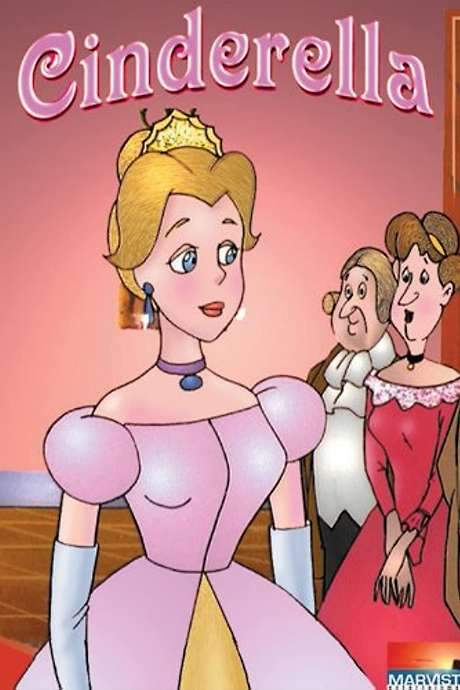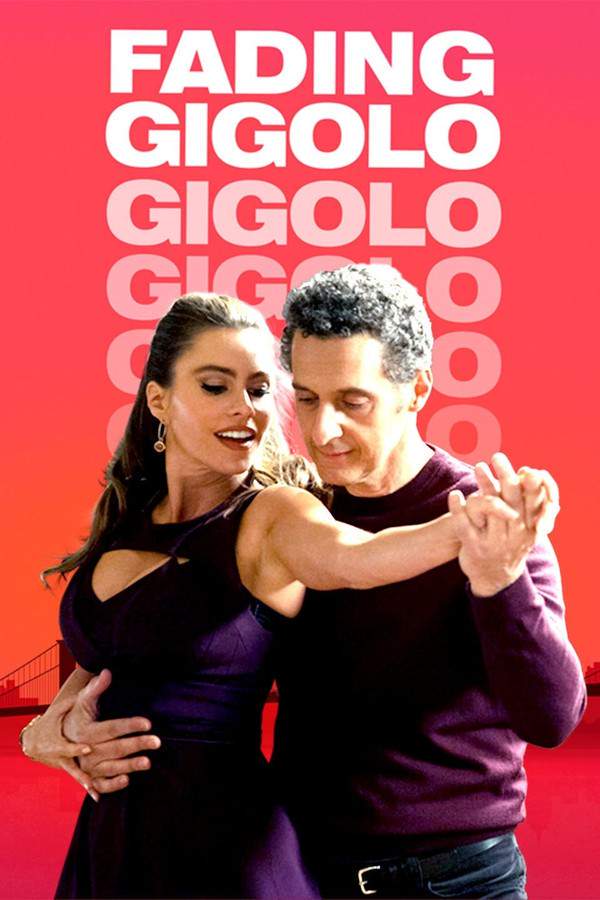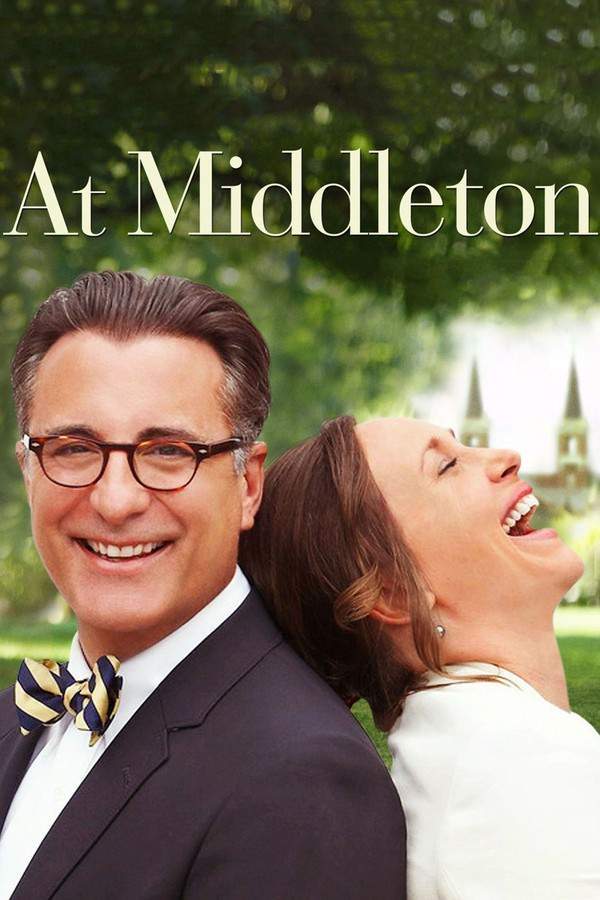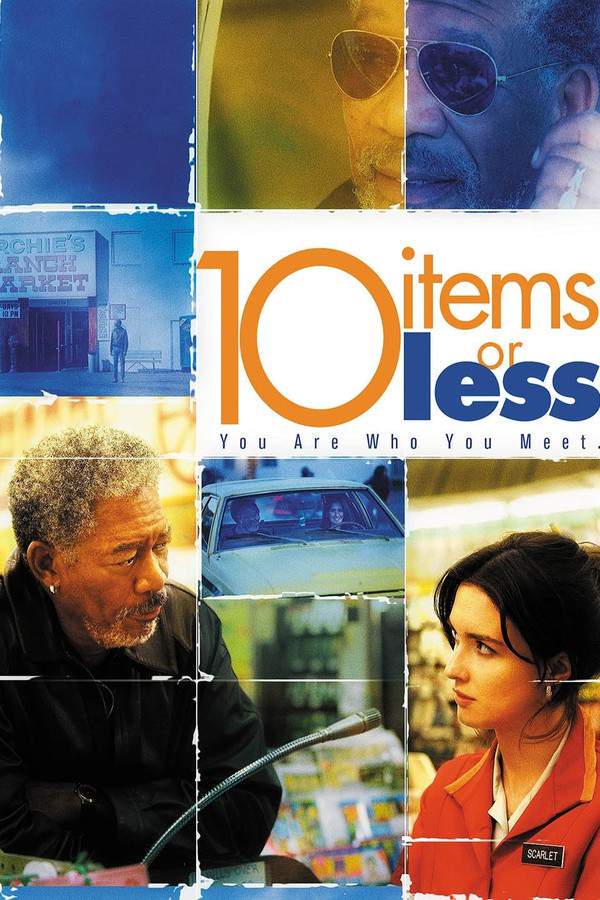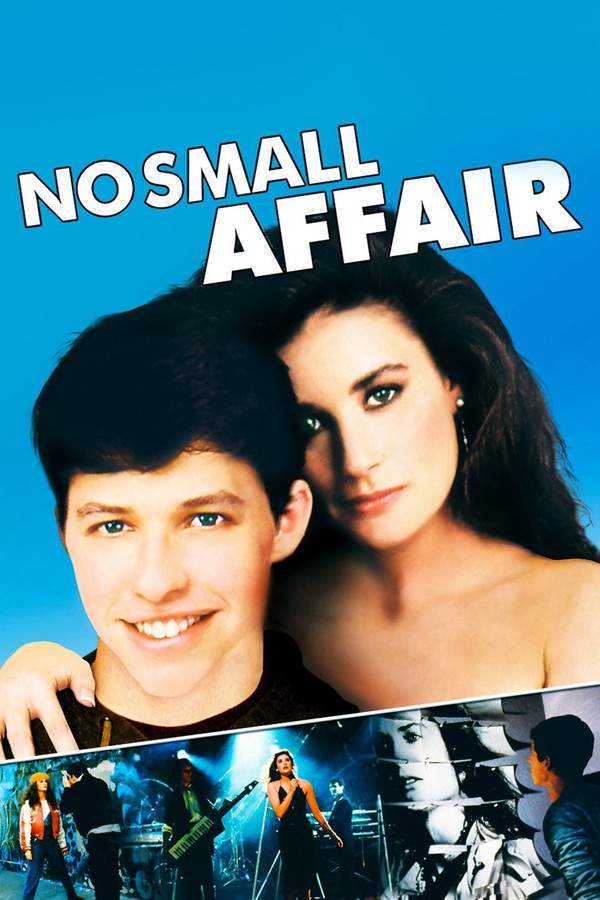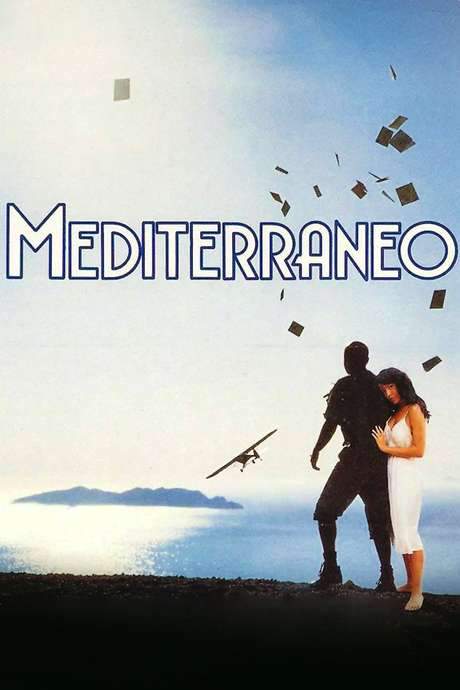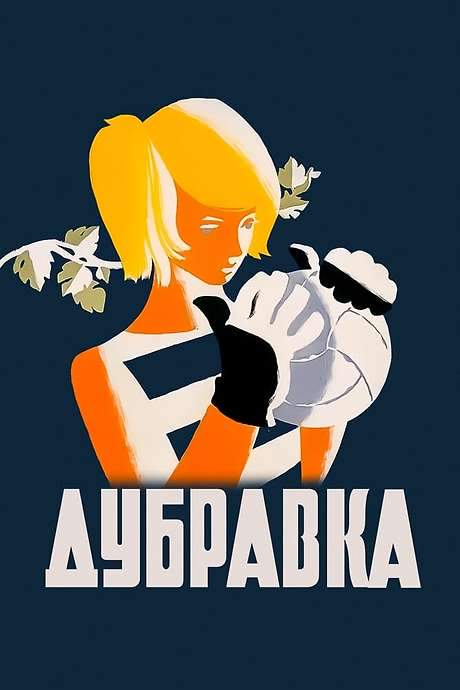
God of Love
Year: 2010
Runtime: 18 mins
Language: English
A lovestruck, lounge-singing darts champion finds his prayers are answered – literally – when he mysteriously receives a box of love-inducing darts.
Warning: spoilers below!
Haven’t seen God of Love yet? This summary contains major spoilers. Bookmark the page, watch the movie, and come back for the full breakdown. If you're ready, scroll on and relive the story!
God of Love (2010) – Full Plot Summary & Ending Explained
Read the complete plot breakdown of God of Love (2010), including all key story events, major twists, and the ending explained in detail. Discover what really happened—and what it all means.
On a quiet country road, Ray Goodfellow rides a motor scooter, the breeze in his hair and a camera-ready smile that signals confidence more than care. His voiceover sets a thorny thesis about love that feels almost inevitable yet ungovernable: You can’t control who you love. You can’t control who loves you. You can’t control where it happens, or when it happens, or why it happens. You can’t control any of that stuff.
You can’t control who you love. You can’t control who loves you. You can’t control where it happens, or when it happens, or why it happens. You can’t control any of that stuff.
Three months earlier, we enter a world where [Ray] is a charismatic, self-centered lounge singer who also dabbles in dart-throwing as a quirky hobby. He leads a small band that includes Fozzie on guitar, Frank on stand-up bass, and the woman he believes is the love of his life, Kelly on drums. Before stepping onstage, Ray prays for divine help to win [Kelly]’s heart, a plea that sadly feels more like a wager with fate than a real appeal to affection. Kelly, however, does not return his affections; she is drawn to Fozzie, who stays loyal to Ray despite the unreciprocated feelings.
After Ray’s crowd-pleasing performance, a bartender delivers a package to him—a careful omen wrapped in mystery. Inside lies a set of “love darts” with a curious instruction manuscript: when a dart pierces someone, they are instantly attracted to the first person they see, an infatuation that lasts for six hours. If the love is destined to endure, the feeling remains after the six hours; if not, it fades as if it never happened.
Ray and Fozzie test the theory with a playful trial on a prissy Jersey girl named Angela. The first person she lays eyes on is Frank, the band’s quiet, unassuming member. True to the instructions, Angela falls for Frank instantly, and Ray and Fozzie follow their evolving romance with a mix of curiosity and concern. The six-hour window passes, and Angela remains deeply in love with Frank, proving to Ray that the darts are real.
With his curiosity piqued and his pride shaken, Ray decides to explore the darts’ potential to alter more than harmless curiosity. He enlists Fozzie’s help—cautious though he is about the morality of the scheme—to craft what he calls the “most romantic six hours” to secure Kelly’s enduring love after the initial power wears off. Fozzie, who understands Kelly’s core values intimately, offers guidance that stretches beyond ethics; his insights reflect a deep, unspoken care for all of them, including Ray.
Ray makes his move. He travels to Kelly’s home and, with a deft, careful touch, uses a dart on her. The moment she sees him, Kelly’s feelings crystallize into an immediate, powerful attraction. Their date is flawless: the conversation sparkles, the music feels tailored to them, and the chemistry crackles with a warmth that seems almost scripted by fate herself. The six hours pass in a glow that feels like the kind of perfect night you tell yourself you’ll remember forever. As the period ends, Kelly thanks him for the evening and parts with a hint of unease that suggests she senses something is not quite right—an echo that their connection may not be meant to last beyond the six-hour enchantment.
That ache of doubt gnaws at Ray, and he experiments with the idea of moving on by letting the darts work on other women, or even men, in the city. The attempts yield a parade of short-lived flings: a flurry of faces and follow-me crowds that show him how easy it can be to conjure attraction, but none of these connections feel real or satisfying. The more he sows, the more he realizes that his fixation on Kelly remains unbroken, a stubborn lodestone in his chest. The others fall in love with him, but the spell doesn’t spark true happiness, and Ray begins to rethink the consequences of wielding such power.
Meanwhile, a crucial twist reveals itself. When Ray discovers that Fozzie harbors genuine feelings for Kelly but never pursues them because of his loyalty to Ray, something shifts. Moved by the depth of that sacrifice, Ray grapples with the idea that love’s best outcomes may require relinquishing control and protecting someone else’s happiness, even at his own expense. The decision comes to a head in a bold, remorse-filled choice: Ray uses the last dart on Fozzie—at the very moment Fozzie’s gaze lingers on Kelly—so that the two of them instantly fall in love. It’s a moment that feels both compassionate and heartbreaking, a clear sign that Ray’s selfish impulse has backfired and that the path to happiness isn’t the one he envisioned.
The scene shifts again: a wiser, more tempered Ray returns to his apartment. He finds a mysterious package waiting for him, bearing a note signed by “Olympus” that simply reads, “nice work.” Inside rests Cupid’s bow and arrow, a final instrument that hints at a broader cosmic joke about the blindfolds of desire. The film then leaps forward three months to show the consequences of Ray’s experiments in love.
The band continues to perform, but without Ray. Angela has become the new singer after confessing a love of singing to Frank, and the romance among the circle remains alive in surprising ways: Frank and Angela are still deeply in love, and Kelly and Fozzie have found their own tender, committed partnership. Ray, meanwhile, is miles away, carrying a bow and arrow as if to remind himself and the audience that love has a lifecycle and a ledger of costs. The voiceover returns, offering a final, gently chastened reflection: love is not always easy to track or predict, and the person who thinks they control it might also be the one who complicates it most.
In the end, Ray wraps his conclusion in humor and humility, acknowledging his past mistakes and the ways his pride skewed his judgment. He confesses that his perspective comes with an admission of imperfection, and he closes with a claim that feels strangely self-aware and mythic: I am the God of Love. The bow and arrow, now part of his silhouette, signify not triumph but an ongoing reminder that the force shaping hearts can be both playful and perilous.
This story, told with a blend of music, wit, and a dash of magical realism, explores how desire can blur responsibility and how friendship, loyalty, and sacrifice intersect when love arrives in unexpected, forced, or borrowed forms. It asks audiences to consider whether the power to shape affection is a gift worth wielding and whether true happiness comes from steering love or listening to the quieter, more honest voices inside us.
Last Updated: November 22, 2025 at 15:59
Explore Movie Threads
Discover curated groups of movies connected by mood, themes, and story style. Browse collections built around emotion, atmosphere, and narrative focus to easily find films that match what you feel like watching right now.
Charming romantic fables with magical realism like God of Love
Lighthearted stories where a touch of magic complicates the search for love.If you liked the whimsical charm of God of Love, you'll enjoy these movies. This thread features romantic comedies and light dramas that use a touch of magic or fantasy to tell heartfelt stories about love and connection, often with a bittersweet and playful feel.
Narrative Summary
These stories typically introduce a simple magical element—like a love potion or a supernatural helper—that disrupts the protagonist's romantic life. The plot follows the consequences of this magic, leading to personal growth and a re-evaluation of what true love means, often culminating in a bittersweet but satisfying resolution.
Why These Movies?
Movies are grouped here for their shared combination of a whimsical tone, light emotional weight, and a romantic plot driven by a magical or fantastical premise. They offer a charming, low-stakes escape while still delivering thoughtful emotional payoffs.
Movies about friendship and self-sacrifice like God of Love
Stories where characters choose platonic love over their own romantic desires.Fans of God of Love will appreciate these films that explore the theme of choosing friendship over romance. These movies often feature a bittersweet ending, where a character's personal sacrifice leads to a hopeful outcome for others, creating a mix of melancholy and warmth.
Narrative Summary
The narrative pattern involves a protagonist grappling with unrequited love, often for someone who loves their friend. A pivotal moment forces a choice between pursuing personal desire or enabling a friend's happiness. The story resolves with the protagonist finding a different, often more mature, form of fulfillment through their act of sacrifice.
Why These Movies?
These films are connected by their focus on the theme of self-sacrifice for friendship, a bittersweet emotional tone, and a straightforward, character-driven plot. They share a specific emotional arc that prioritizes platonic bonds, resulting in a uniquely reflective and heartwarming experience.
Unlock the Full Story of God of Love
Don't stop at just watching — explore God of Love in full detail. From the complete plot summary and scene-by-scene timeline to character breakdowns, thematic analysis, and a deep dive into the ending — every page helps you truly understand what God of Love is all about. Plus, discover what's next after the movie.
God of Love Timeline
Track the full timeline of God of Love with every major event arranged chronologically. Perfect for decoding non-linear storytelling, flashbacks, or parallel narratives with a clear scene-by-scene breakdown.

Characters, Settings & Themes in God of Love
Discover the characters, locations, and core themes that shape God of Love. Get insights into symbolic elements, setting significance, and deeper narrative meaning — ideal for thematic analysis and movie breakdowns.

God of Love Spoiler-Free Summary
Get a quick, spoiler-free overview of God of Love that covers the main plot points and key details without revealing any major twists or spoilers. Perfect for those who want to know what to expect before diving in.

More About God of Love
Visit What's After the Movie to explore more about God of Love: box office results, cast and crew info, production details, post-credit scenes, and external links — all in one place for movie fans and researchers.



